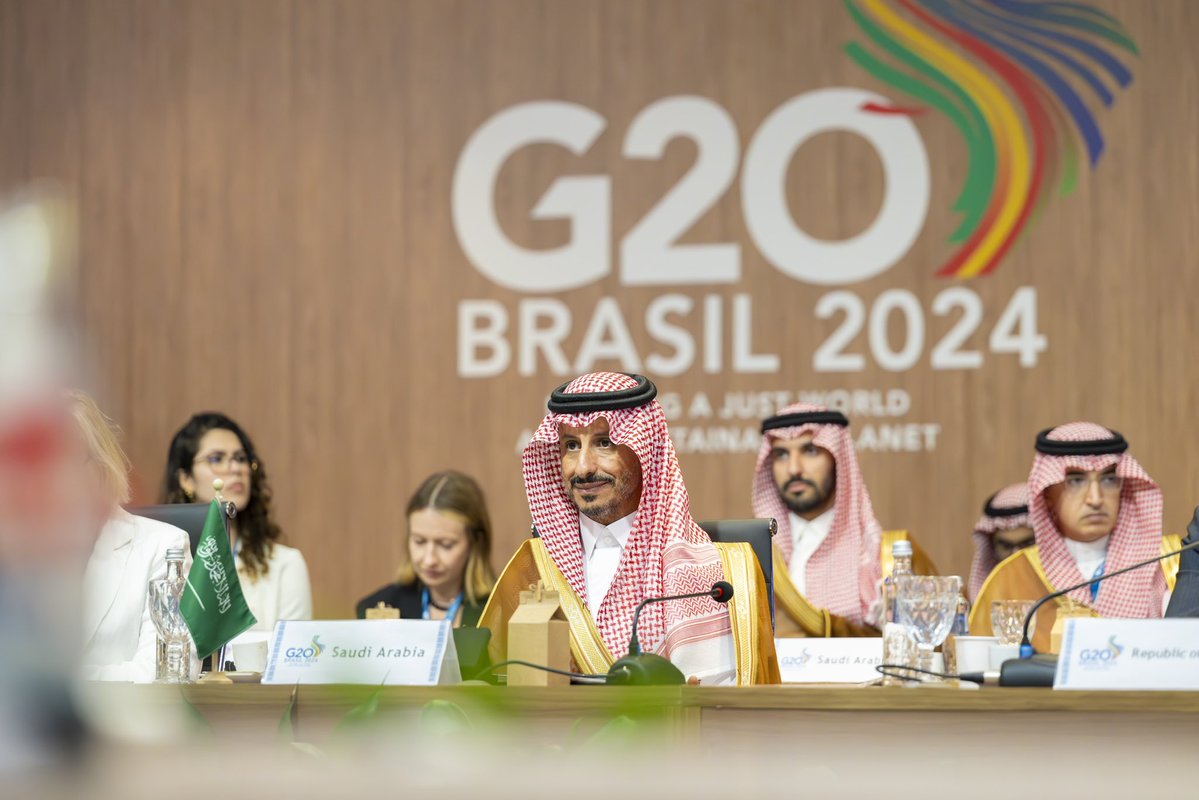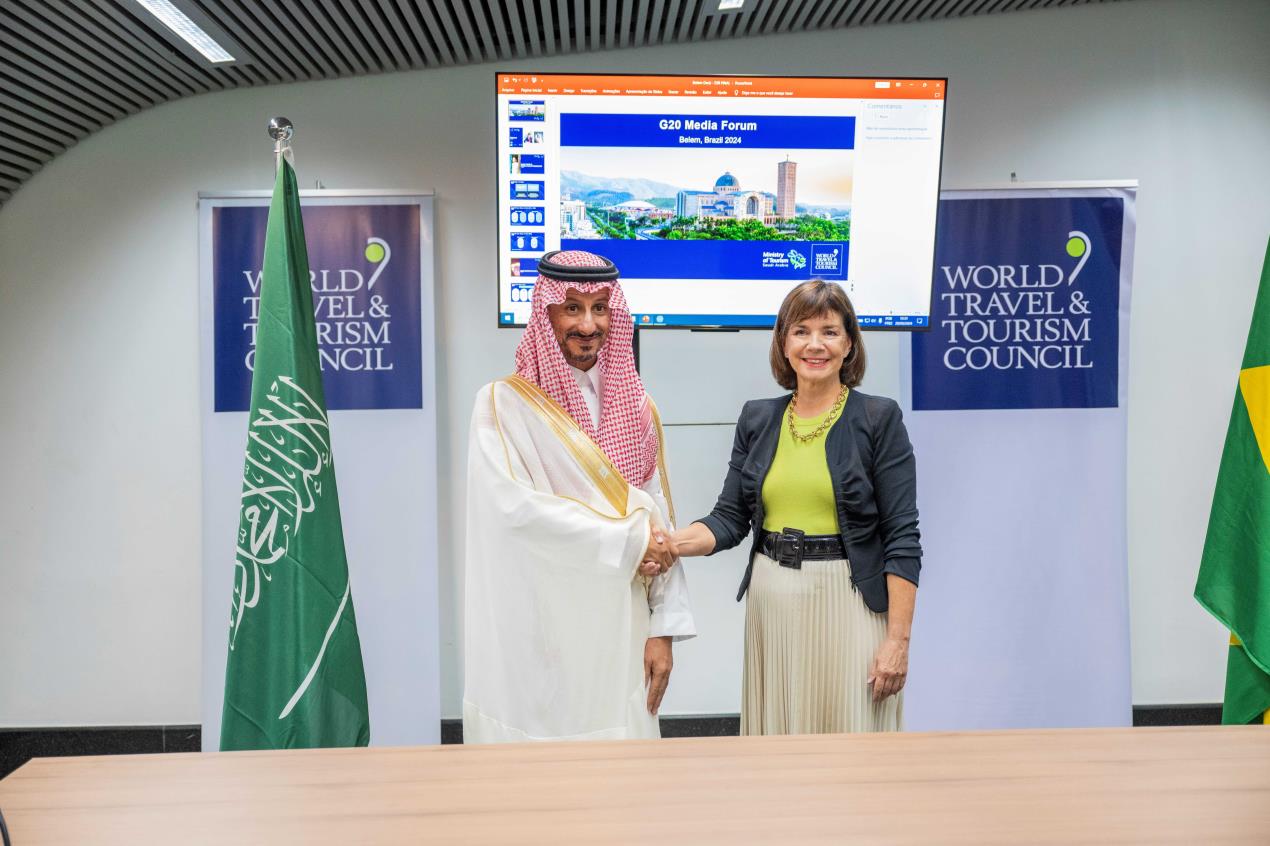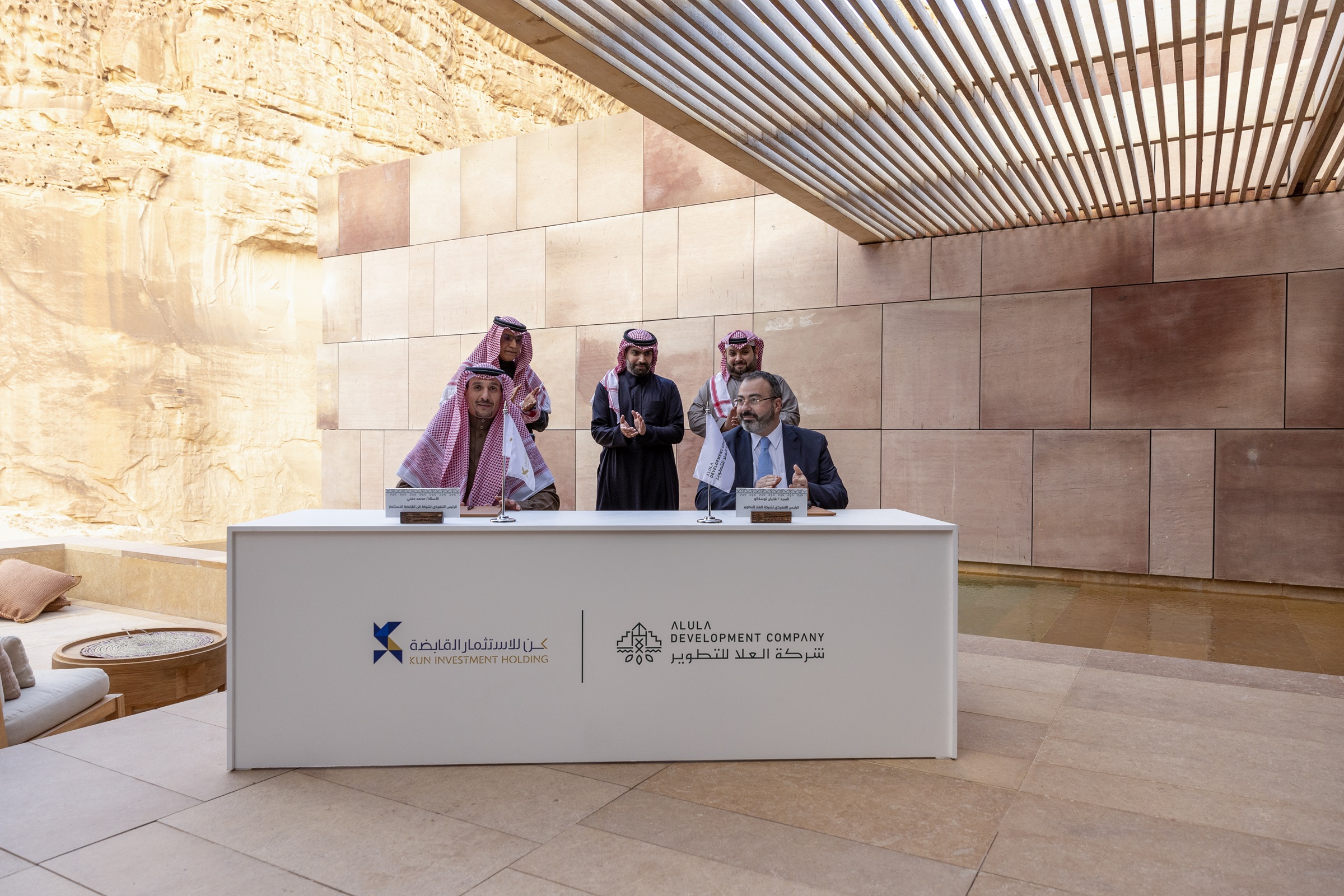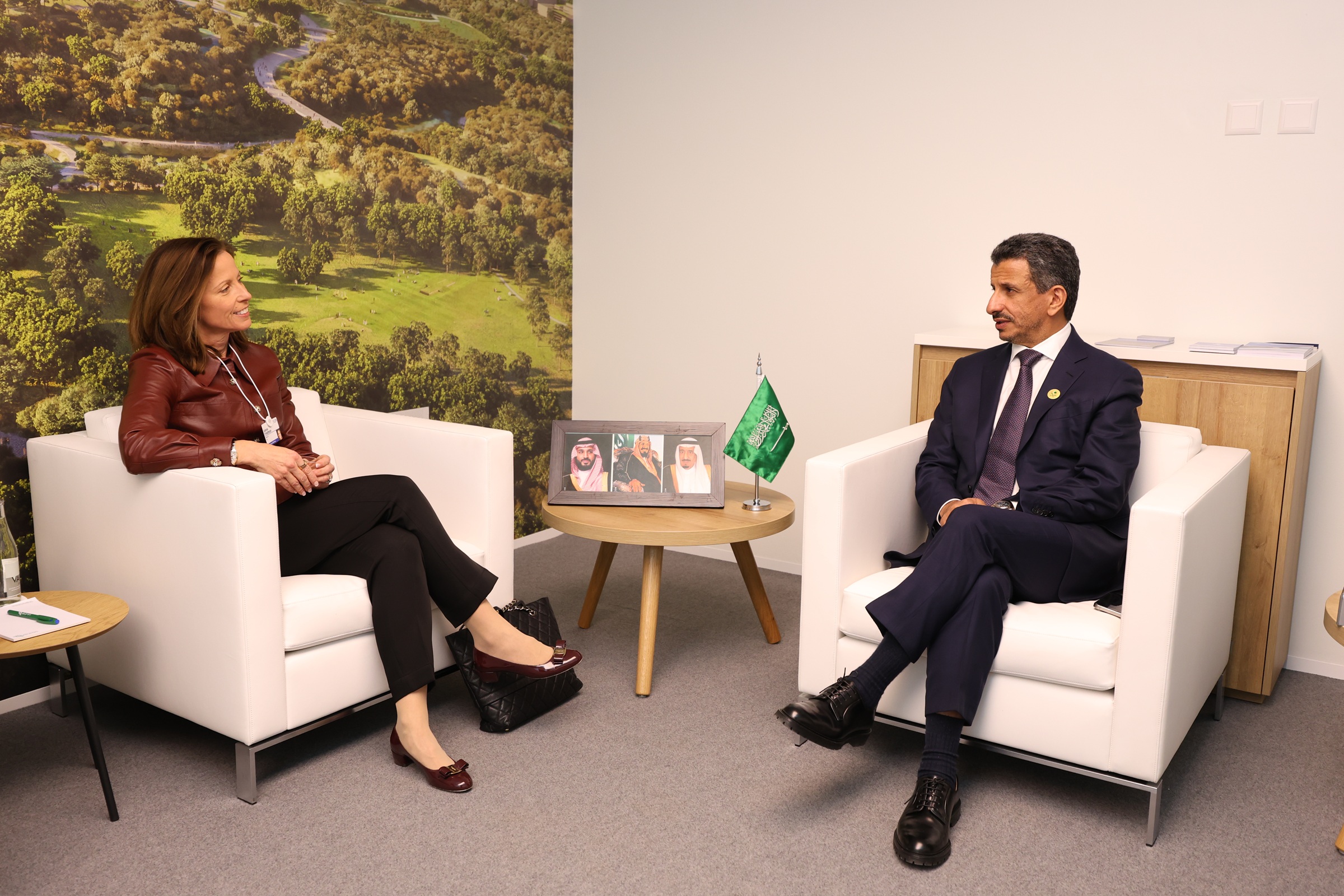The World Travel & Tourism Council (WTTC), in collaboration with the Kingdom of Saudi Arabia’s Ministry of Tourism, unveiled a sobering new report highlighting the disproportionate toll the COVID-19 pandemic has taken on women and youth in the Travel & Tourism sector. The report, titled “Social Trends in Travel & Tourism Employment,” calls for urgent action to better integrate these underrepresented groups and unlock their potential as key drivers of inclusive growth.
Unequal Pandemic Impact
The global Travel & Tourism sector shed nearly 70 million jobs during the pandemic, but women and young workers were hardest hit, losing jobs at much higher rates than other demographic groups. According to the WTTC, women and youth were more likely to work in sectors such as hospitality and food services, which were severely impacted.
In 2022, the Travel & Tourism industry employed 42 million women and just over 16 million young people, a significant drop from 2019, when 48.4 million women (-13%) and 19 million young workers (-15%) were employed in the sector.
WTTC President & CEO Julia Simpson warned that although the sector’s economic recovery has been strong, its social recovery remains sluggish.
This report highlights the extraordinary potential of Travel & Tourism to drive inclusive growth, but it also underscores the urgent need for action,”
she said.

Economic Recovery vs. Social Inclusion
While the global Travel & Tourism sector contributed 29.1% more to GDP in 2023 than it did pre-pandemic, the report shows that women and young workers are still being left behind. Many remain stuck in informal, part-time, or low-wage roles with limited prospects for advancement.
The WTTC report also shows that young people make up a higher percentage of the Travel & Tourism workforce than in other sectors, but they face significant challenges in securing stable employment. Additionally, women are still underrepresented in leadership roles, with pay disparities and unequal access to high-paying positions.
Arabia’s Commitment to Inclusion
His Excellency Ahmed Al Khateeb, Saudi Arabia’s Minister of Tourism, highlighted the Kingdom’s efforts to address these inequalities. Saudi Arabia’s Vision 2030 places a strong emphasis on creating opportunities for women and youth within the tourism sector, positioning the Kingdom as a global leader in inclusive development.
In 2022, Saudi women’s employment in tourism was the fifth fastest-growing among G20 countries,”
Al Khateeb confirmed.
He outlined the Kingdom’s plans for 2024, which include a significant investment in skills training for local tour guides and the promotion of entrepreneurship, with a focus on digital and leadership skills.

Call to Action: Key Recommendations
The WTTC report calls on governments and businesses to take urgent steps to bridge these employment gaps. Key recommendations include:
- Developing policies for skills training and gender equality
- Enhancing job opportunities for women and youth
- Investing in education and leadership programs
- Implementing inclusive hiring practices and ensuring equal pay
- Supporting flexible work arrangements and childcare
- Promoting entrepreneurship for small businesses and start-ups

These measures, the report argues, are essential for ensuring that the Travel & Tourism sector can continue to create meaningful, sustainable employment opportunities.
Arabia’s Leadership in Global Tourism Growth
In addition to its focus on inclusivity, Saudi Arabia has emerged as a leader in international tourism growth. The Kingdom recorded a 73% increase in international tourist numbers in the first seven months of 2024 compared to the same period in 2019, according to the UN Tourism Barometer. International tourism revenues rose by 207% in the same period.
These achievements, driven by Saudi Arabia’s Vision 2030, highlight the country’s success in positioning itself as a premier destination, while also contributing to global job creation in the tourism sector.


















